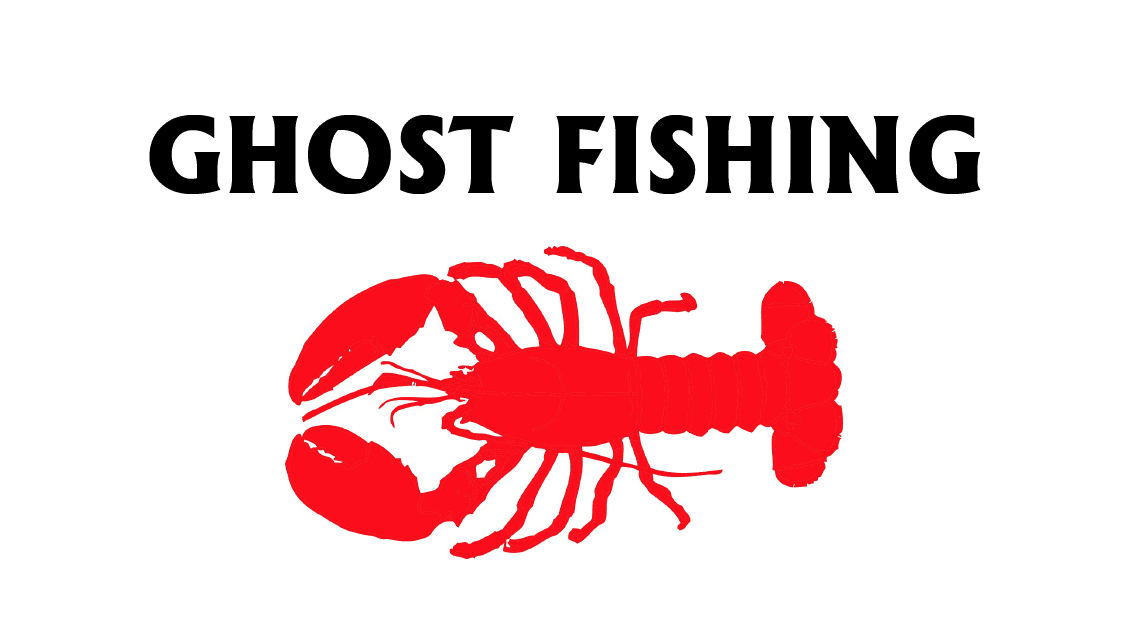Snapprhead27
Well-Known Angler

Ghost fishing is haunting Long Island Sound | TBR News Media
tbrnewsmedia.com
Follow along with the video below to see how to install our site as a web app on your home screen.
Note: This feature may not be available in some browsers.

Multiple studies have demonstrated the significant positive impact that the removal of these pots has had on our fisheries.Regarding the alleged illegality of clearing ghost pots, I wonder if they can give everyone a year to claim their pots, then anything without a pot marker is fair game for clean-up.
I bet the blackfish bite improves by orders of magnitude after that.
Ridiculous situation. They need to stop futzing around and get that junk out of the Sound. Pull the pots and then figure out if ownership can be established. Then fine the owners that abandoned them. But I bet most of the original owners are long gone, one way or the other.
Meantime the derelict pots fish on . . .

